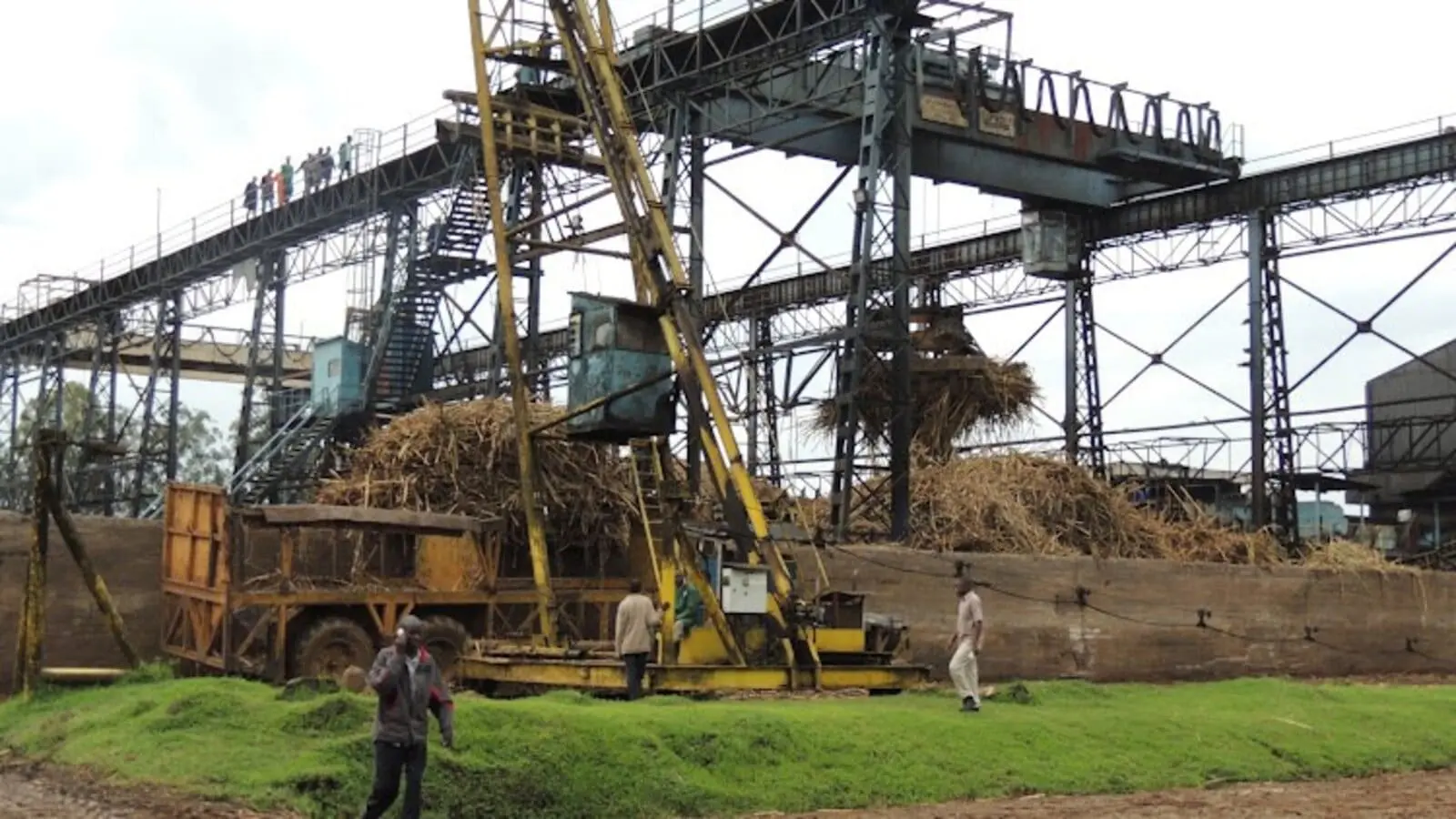In an official cabinet announcement dated October 9, 2023, the Kenyan government approved the cancellation of outstanding debts owed by public Sugar Millers, totaling KES 117 billion. During the same cabinet session, it was decided to grant a 30-day amnesty on tax penalties and interest owed by these companies. This development was met with enthusiasm by the Sugar Millers and the broader sugar industry.
The local sugar sector has grappled with long-standing challenges, including the inability to compensate farmers for their produce. Furthermore, the government unveiled plans to scrutinize the KES 2 billion earmarked for farmer payments, with a report expected within two weeks. These initiatives form part of the government’s strategy to rejuvenate the sugar industry, particularly in the western counties, and stimulate economic growth.
The debt relief initiative carries significant importance, as it will enable these companies to allocate resources previously earmarked for debt repayment towards other operational and profit-generating avenues. Notably, for companies like Mumias Sugar Company, which is insolvent and nearly non-operational, the debt would have been classified as bad debt. It’s worth mentioning that debt write-offs have previously occurred for state-owned enterprises in sectors such as aviation and coffee. However, it is evident that debt relief alone cannot resolve the challenges faced by the sugar industry.
The industries in question have wrestled with deep-seated structural problems over an extended period, including inefficiencies, outdated technology, the influx of low-priced imported sugar, repackaging of sugar, and inadequate management, all of which have impeded their competitiveness. While debt write-offs offer temporary respite, they do not address these fundamental issues. Therefore, leadership and management within this industry must be addressed earnestly. Members of Parliament need to enact stringent regulations governing the sector’s operations, and industry decision-makers must adopt a more purposeful approach.
Efforts to lease these industries to the private sector are progressing, a welcome development. Private-sector partnerships focused on profitability are poised to enhance efficiency and modernize the industry. Private enterprises can introduce innovation, expertise, and investment, as evidenced by the successful privately-owned sugar companies in the Western Region, including Kabras Sugar Millers and Kibos Sugar Mills.
The government should complement this positive step by implementing consistent and industry-friendly policies. This is particularly crucial regarding sugar imports, where policies must safeguard industry stakeholders, notably the farmers.
The government has extended a lifeline to the industry, and it is imperative that industry participants seize this opportunity. By prudently managing their companies and debts to avoid repeating past challenges, they would be reciprocating the government’s goodwill. This is a clarion call to action.












